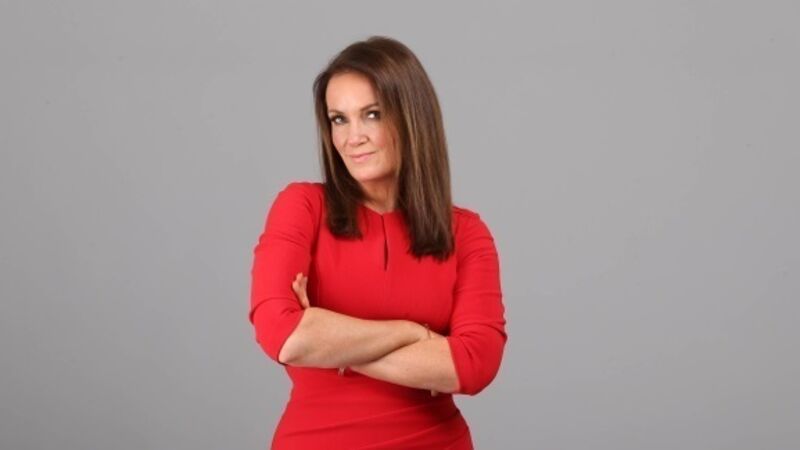The F word: Why are some women reluctant to call themselves feminists?

I can’t recall specific incidents in my life where I’ve been treated ‘less than’ my male counterparts, but like most women, my journey through the world has been marked by countless small but significant gestures designed to put me in my place.
The subtle messaging that begins in childhood that I exist to be looked at, not listened to; the insidious behaviours designed to intimidate and harass; the violations of space and person that every woman learns to navigate, from a depressingly early age, are familiar territory for me too.











